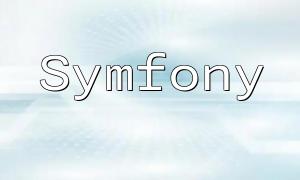With the growing demand for real-time communication in modern applications, instant messaging has become a fundamental feature across many platforms. PHP, combined with SOAP (Simple Object Access Protocol), offers a powerful and structured way to implement such systems. This article explains how to use PHP and SOAP to create a reliable instant messaging system with practical implementation steps and code examples.
To begin, you need a web server that supports PHP. Apache or Nginx are common choices. Ensure that the PHP environment has the SOAP
This server receives incoming SOAP messages, executes the sendMessage method, and returns a response to the client.
Now you’ll need a SOAP client to interact with the server. Using PHP’s nusoap_client, we can send a message and handle the response as shown below:
<?php
// Include NuSOAP client library
require_once("lib/nusoap.php");
// Create client instance with server URL
$client = new nusoap_client("http://example.com/soap_server.php");
// Call sendMessage method
$response = $client->call("sendMessage", array("message" => "Hello, world!"));
// Handle the response
if($client->fault){
echo "Error: " . $client->getError();
}else{
echo $response;
}
?>
This code initiates a SOAP request to the server and handles either a successful response or an error message accordingly.
Using PHP with SOAP allows developers to build structured, real-time messaging systems with relative ease. By defining clear service contracts, SOAP ensures consistency and reliability between server and client.
Keep in mind that the examples provided are basic. For production environments, consider implementing user authentication, message encryption, logging, and database storage for messages. These additions will enhance the robustness and security of your application.
This guide should serve as a solid foundation for developers looking to implement PHP-based communication systems using SOAP.









